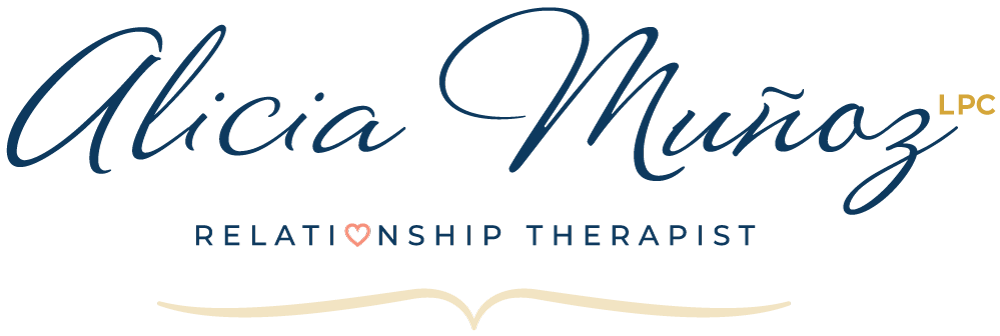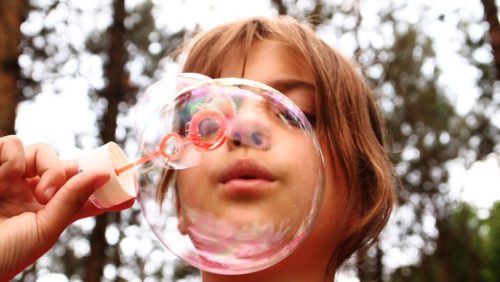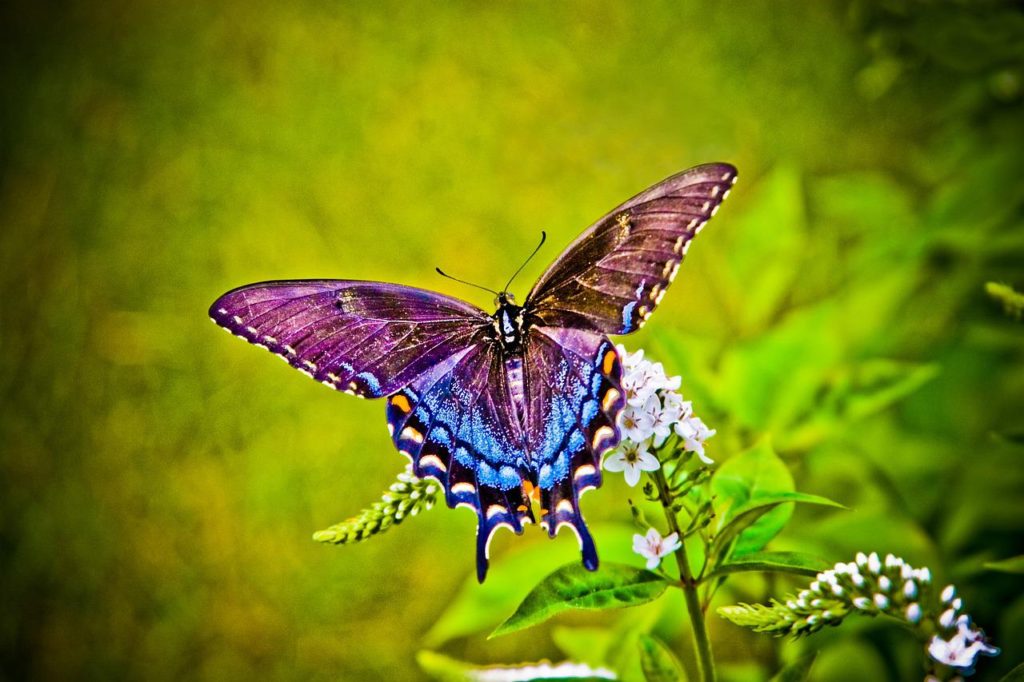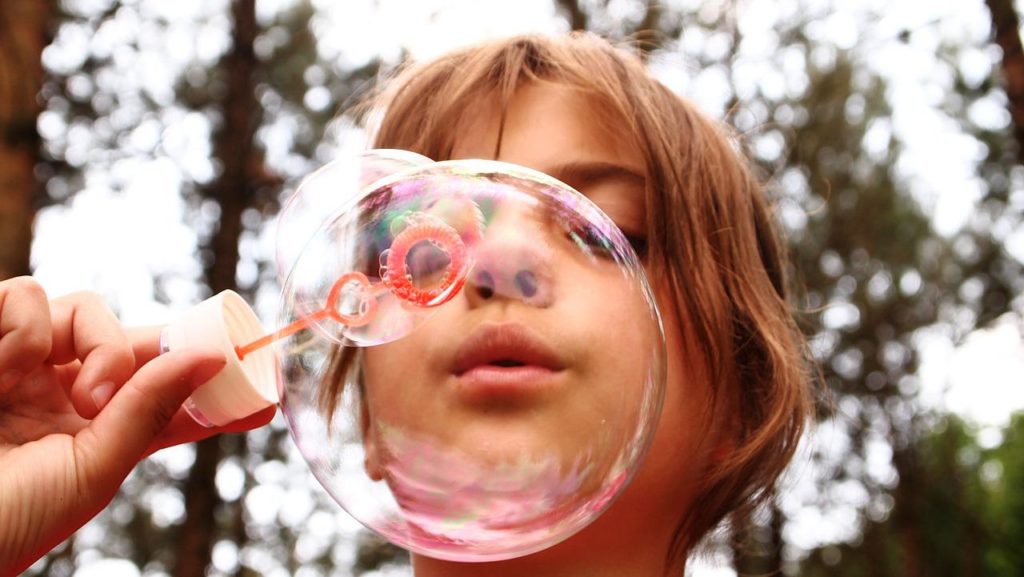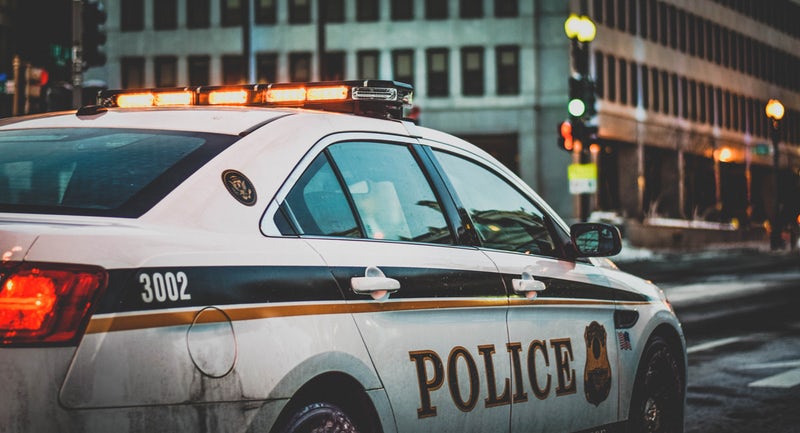
I first heard about the parent police in group therapy. There were five other members in the group, and one facilitator. We were all there because we shared a desire to figure out how to “be in a relationship” more successfully than we’d managed so far. I was in my early thirties, recovering from a divorce. I thought group therapy might help me understand how I was sabotaging myself with romantic partners, since the other group members would likely be more direct and forthcoming than a paid therapist. They had no reason to prop me up. I hoped they’d give it to me straight and call out my blindspots.
During one group meeting, a group member asked me a question about growing up in my family and I revealed something I instantly regretted sharing. It was the truth, but it seemed wrong to say out loud. It exposed my parents.
How Parent Police Arrest You
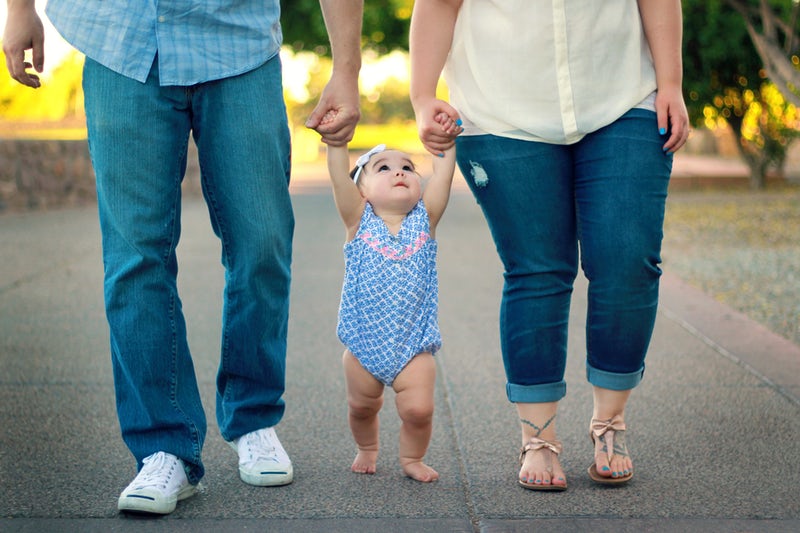
“It wasn’t their fault, though,” I immediately backtracked. “I wasn’t the easiest kid, believe me.”
“The parent police,” a group member said wryly.
“Excuse me?” I asked, not sure what they were referring to.
“You told us the truth,” someone else said. “And then the parent police showed up and arrested you. Don’t worry, it happens to all of us.”
The parent police, as I came to learn, are a metaphor for the part of us that learned at a very young age to protect our connection to our parents above all else. When we’re young and dependent, there’s no connection more important than the one we forge with our parents. They’re both our life line and our flesh-and-blood life insurance. Human childhoods extend for at least a decade and a half–or two, some would argue–and we need to remain as securely attached to our caregivers as possible for a long as we can. We require parents as allies and protectors longer than any other mammal on the planet. Without them, our chances of “making it” reduce dramatically. This means that the parents we’re born with are the ones we need to bond with, for better or worse.
Seeing Our Real Parents
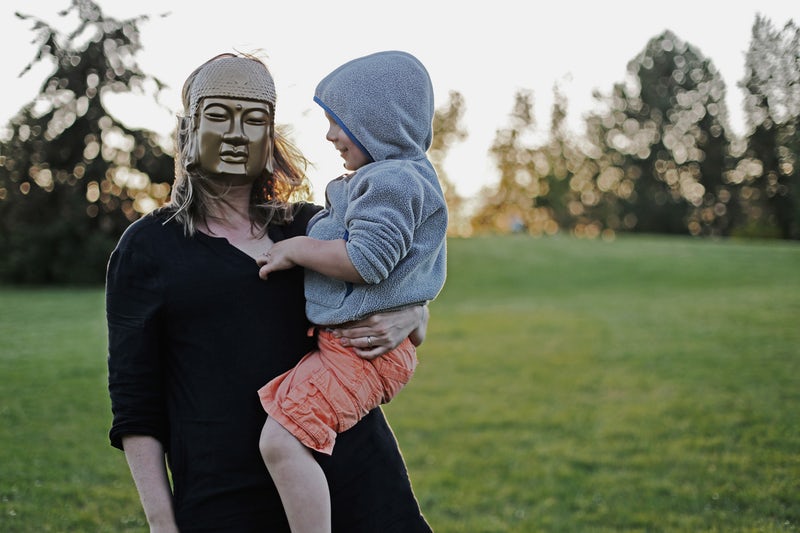
In many families, even without taking any parenting courses, mothers and fathers manage to access their hearts, their maternal or paternal instincts, their inner wisdom and their intuition, and to be “good enough.” They nurture us, guide us when necessary, and provide us with a safe space to grow, develop and both think for and become ourselves. They see who we are and for the most part, support us in reaching adulthood equipped to deal with a range of real-world challenges and interpersonal complexities.
But even when our parents were not “good enough”–even when we grew up in family systems ruled by implicit or overt addictions, abuse, mental health issues, excessive amounts of stress or unresolved trauma that prevented our early caregivers from accessing their “parent potential” and supporting us in the ways we most needed to be supported, we still depended on our mothers and fathers. We had to trust and believe in them. We gleaned whatever emotional and psychological nurturing from them that we could. It’s how we were designed. We are biologically wired to bond with our early caregivers, whether they meet our own developmental needs or not. As a species, it gives us a survival advantage.
It’s Easier to Blame Ourselves
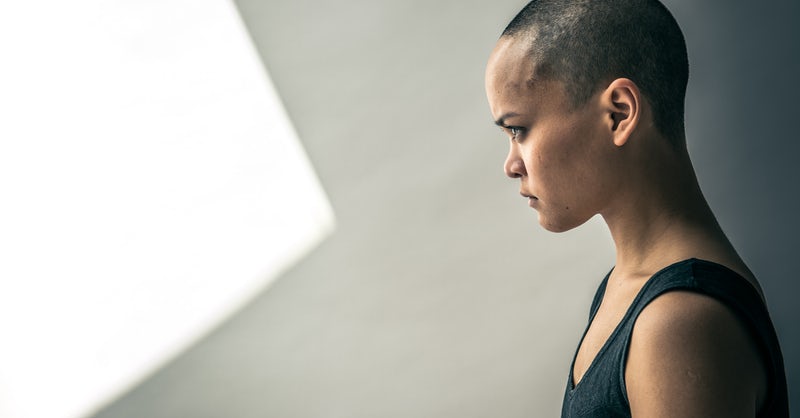
As a result, even when our parents fail to nurture us in important ways–to protect us, guide us, see us, mirror who we are and who we are becoming, it’s often still in our best interests children to defend our parents “image” and avoid seeing or sharing the truth about our early experiences with them.
The parent police are here to enforce this survival adaptation. They keep us in line when we see our parents in ways that may threaten the “official story” of our childhoods, sternly warning us that we are safest when we perpetuate a myth of ourselves as “the ones who are/were at fault.” This way, we keep up appearances, and maintain our loyalty and our bond to them as primary.
Most children are wired to grow up blaming themselves for their parents limitations. As a therapist, I see it with my clients over and over again. As a parent, I’ve witnessed it in my own son when I’ve been insensitive or committed a parenting misstep. As vulnerable, needy, dependent beings, it’s often psychologically unbearable for children to view their parents, whom they need to trust and rely on, as limited, anxious, confused, or deeply flawed. It’s often much easier and more bearable for children to blame themselves.
Giving Up the “Official” Story
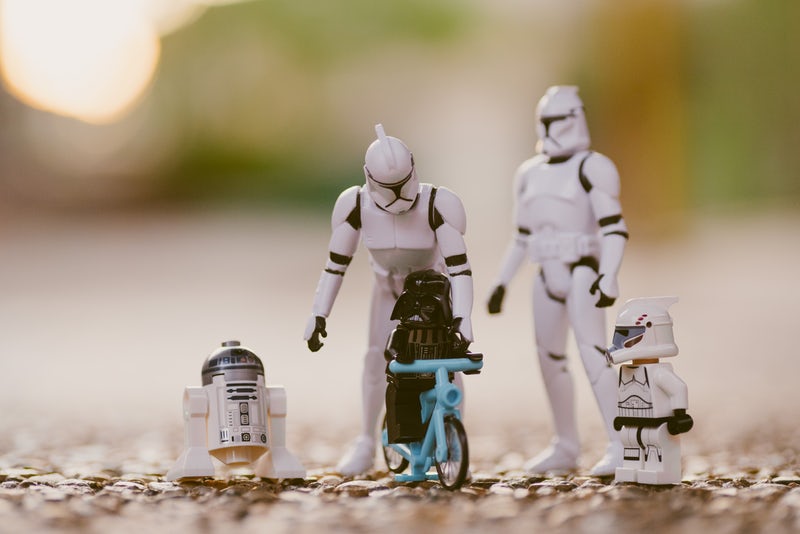
But part of understanding ourselves as adults involves excavating the past. What really happened to us during our formative childhood years within our families? Early crises, relational patterns, difficult times, family role expectations and unsettling events contain important information and bring crucial insights about how we learned to relate to others and why. The path we may need to take in therapy or other form of self-inquiry may involve undoing old loyalties that no longer serve us now, and creating new loyalties that do.
When it come to our parents, this can mean giving up the “official” story we grew up broadcasting. At the same time, as you relinquish the official story in favor of our truth, you’ll likely notice the parent police showing up. Be ready for them. They don’t go away, though they do grow quieter. Notice how they manifest. When you choose your own healing over secret-keeping, self-deception and blind loyalty to the past, expect flashing lights and sirens. Often, the parent police will appear in the form of shame, guilt, rationalizations, self-doubt, insecurity, confusion, and self-sabotaging behaviors.
Self-Compassion Begins with Truth

It’s important to balance awareness of the parent police with compassion and understanding for your real-life, flawed, human parents, and for the fact that most of the time, they did in fact do the best they could with what they had. But in order to get to a place of true compassion for your parents’ limitations, you may want to begin with self-compassion. Self-compassion begins with seeing our earliest childhood experiences clearly
Swiss psychologist Alice Miller famously said, “The truth about our childhood is stored up in our body, and although we can repress it, we can never alter it. Our intellect can be deceived, our feelings manipulated, and conceptions confused, and our body tricked with medication. But someday our body will present its bill, for it is as incorruptible as a child, who, still whole in spirit, will accept no compromises or excuses, and it will not stop tormenting us until we stop evading the truth.”
Honor, Grieve and Grow
As you get to know yourself better–acknowledging your own earliest developmental experiences rather than dismissing them–be aware of the parent police. They may try to arrest your growth by insisting on family loyalty over loyalty to the deep, cellular truth of your own lived experience. They’re just doing their job. But they only have power if you’re not aware of them. You no longer have to buy into an official story of the past at your own expense. You can honor yourself, grieve your flawed parents and the deficits of your childhood, and grow into being more wholly, authentically you.

